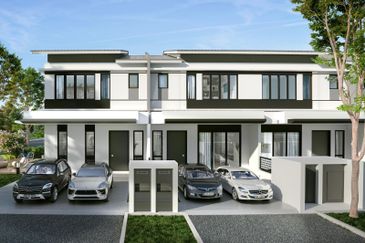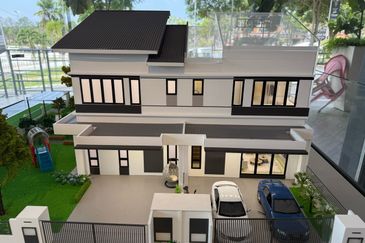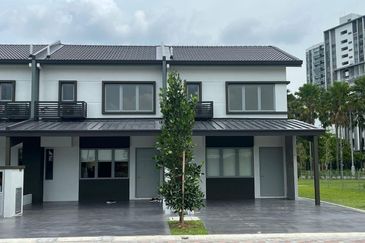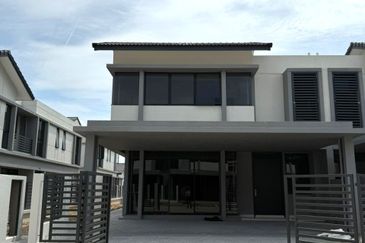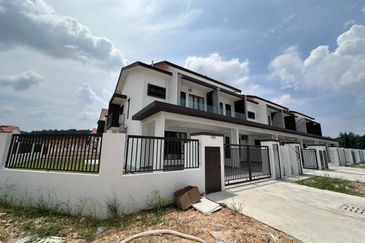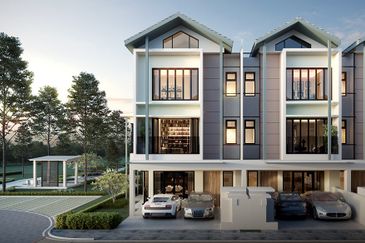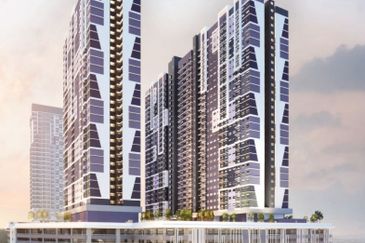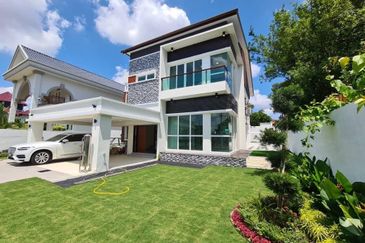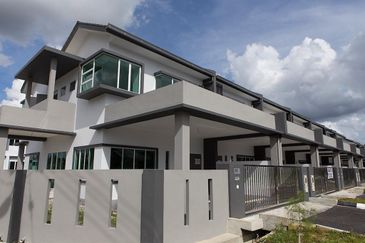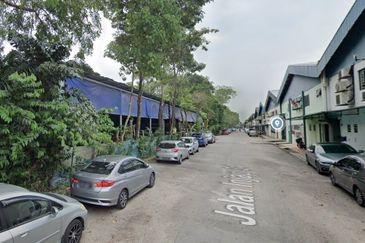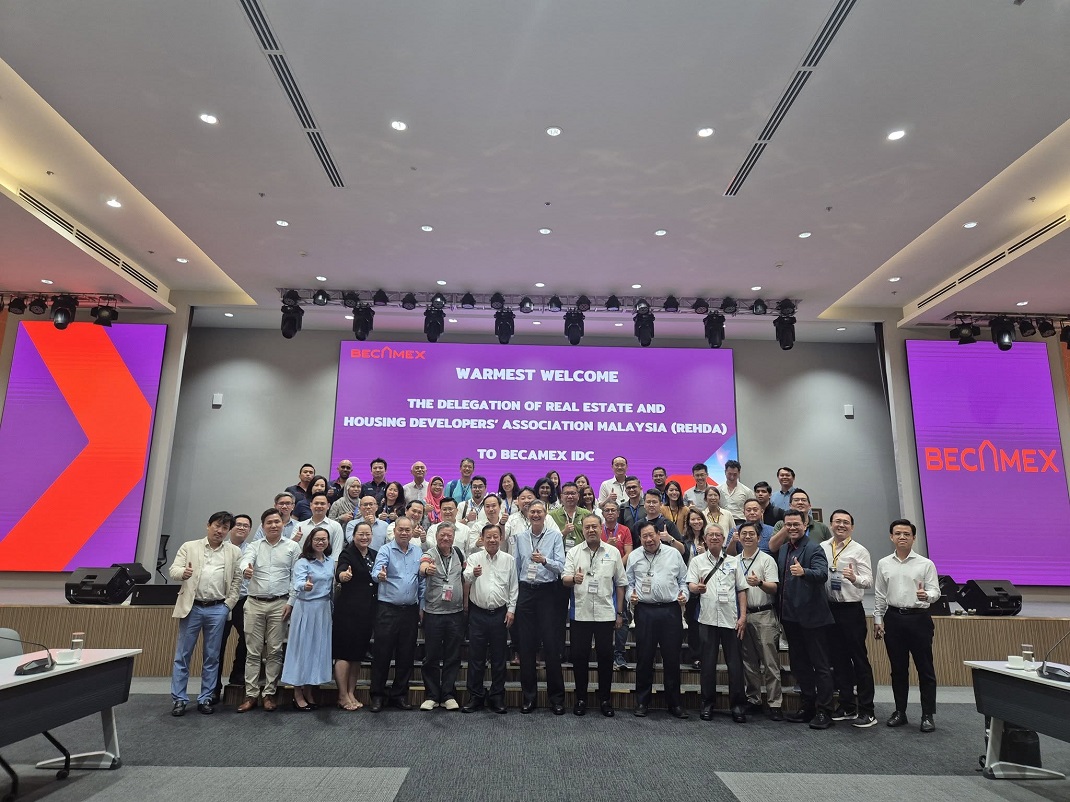
- The recent Asia Real Estate Leaders study trip revealed multi-faceted insights into the Vietnam property landscape, giving a clearer picture on how opportunities could be gleaned amidst challenges including local demand, bureaucratic red tapes and indefinite legislations.
PETALING JAYA (Jan 2): The pace of change and grind in Ho Chi Minh City is undeniable—almost every worker you meet will tell you that having multiple income streams is a way of life.
On Nov 12–15, 2024, Rehda Institute, the training and research arm of the Real Estate and Housing Developers’ Association (Rehda) Malaysia, organised the Asia Real Estate Leaders (AREL) study trip to Ho Chi Minh City (HCMC), Vietnam, and brought together 38 Malaysian business delegates in a packed itinerary to visit leading projects by Malaysian developers like Gamuda Land and S P Setia.
Rehda Institute chairman Datuk Jeffrey Ng Tiong Lip led the AREL tour, accompanied by several trustee board members, and covered more than 200km visiting sites including Crescent Mall, Grade A offices in Saigon Centre, industrial zones and affordable housing projects.
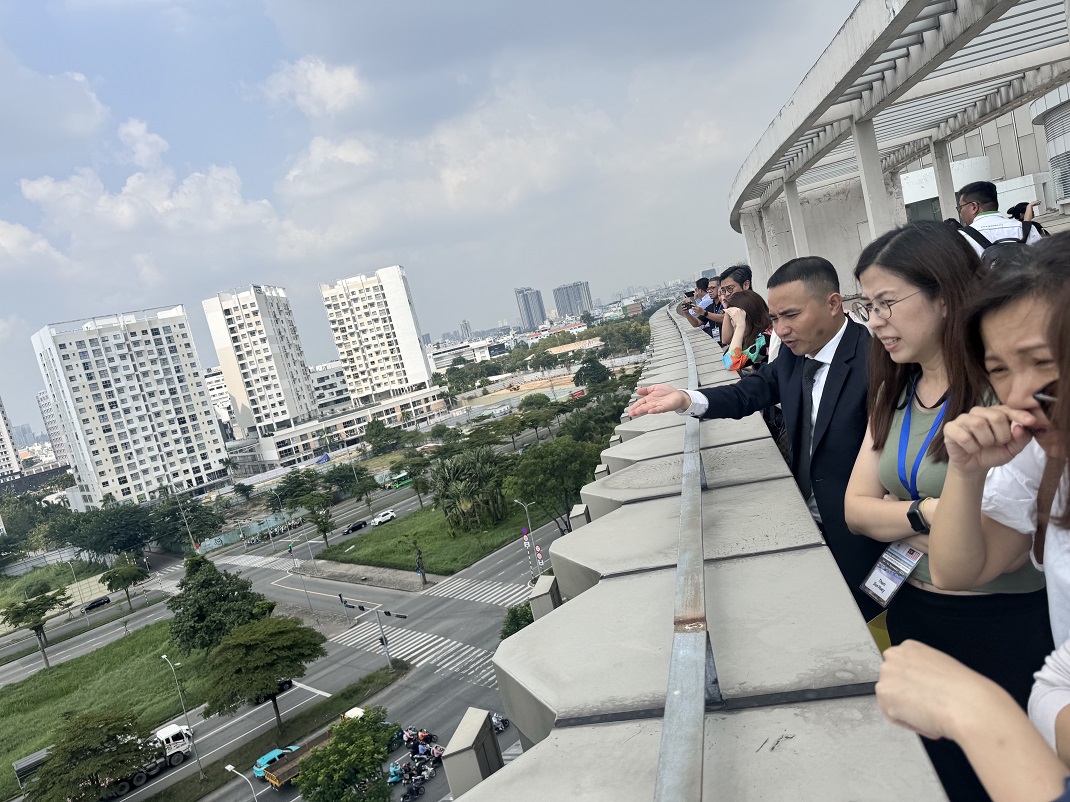
Adding a unique perspective to the formal delegation was the participation of the lucky winner of EdgeProp’s contest. The reader, who only wants to be known as KY Ho, enjoyed a 4-day 3-night-all-expenses-paid trip sponsored by Rehda Institute. Ho experienced first-hand how the trip’s emphasis on training, education and research underscores Rehda Institute’s commitment to fostering regional networks and enhancing knowledge sharing.
Having visited Vietnam in the past, Ho lamented that while there were pockets of progress observed in the AREL study trip, some areas looked stagnant or even abandoned.
“It was intriguing to observe the apparent mismatch between income levels and residential property prices in HCMC. The primary market seems geared towards affluent buyers, raising questions about affordability for the middle and lower-income groups,” he shared.
“That said, I now have a deeper appreciation of HCMC’s real estate sector. Previously, my perspective was limited to industrial parks and local residential developments. This trip broadened my understanding, especially of the dynamics between developers, officials and the market,” said Ho.
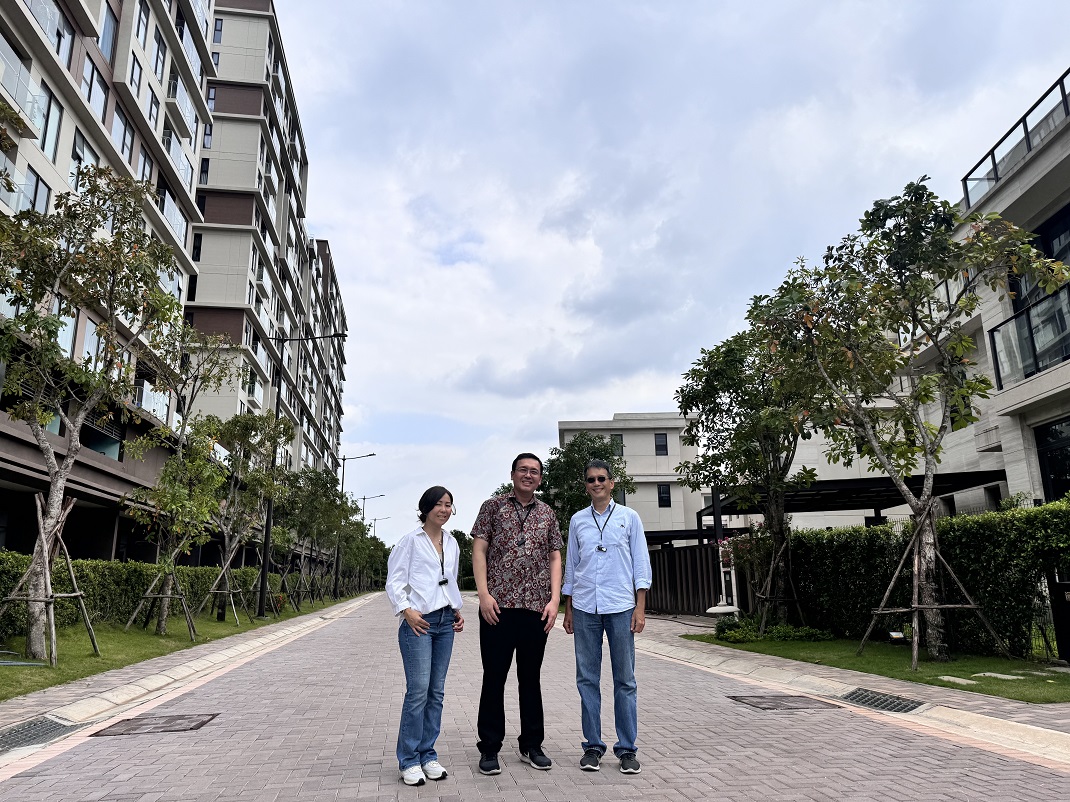
No longer a low-wage society?
As the dust settles on the packed agenda, it appears that Vietnam has evolved beyond being a low-wage society to attract diverse, high-value industries. Or has it?
Visible symbols of progress like the skyscrapers overlooking the Saigon River hide the chaos of motorbikes flooding the city streets daily. The congestion starkly reminds us that systemic challenges may hinder equitable access, even as aspirations for improvement are evident.
Air quality here is ranked among the world’s most polluted and at the point of our visit, there were no known incentives to hasten the adoption of electric bikes. Even the city’s first metro line took 17 years in the making and only recently opened to historic fanfare.
Beyond infrastructure, the average price of homes calls into question the welfare of the average Vietnamese. We learned from real estate consultancy firm Savills Vietnam that demand outstrips supply and affordable housing in particular is in significant deficit.
“For a city like HCMC, with a population of 10 million, only 5,000 apartments are available in the primary market,” said Savills Vietnam deputy managing director Troy Griffiths.
“Mass-market housing is priced around US$130,000 (about RM582,140) to US$155,000, and a large portion of property purchases rely on equity transfers within families.”
On mortgage penetration, Savills’ report shows it is at a minimum.
Data from Trading Economics indicates that the average monthly wage in Vietnam was 7.625 million Vietnamese dong (about RM1,341) in the third quarter of 2024. It would take no fewer than 40 years of saving 100% of income to afford such a home, which is unrealistic.
Helping Malaysian businesses navigate the Vietnam market
“In Vietnam, we are particularly interested in areas such as industrial parks, sustainable developments, social housing, and mixed-use developments,” said Jeffrey of the trip.
“The insights gained from this trip will be invaluable in shaping strategies and equipping stakeholders with market intelligence.”
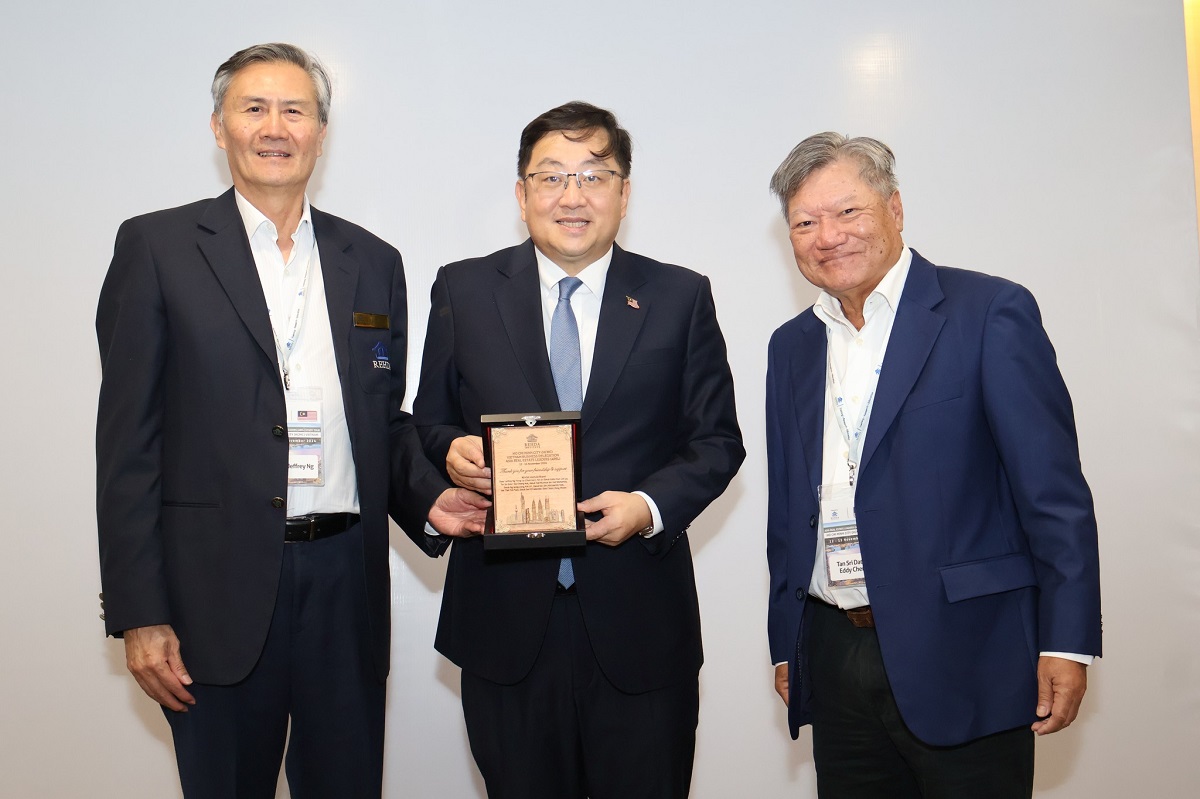
In a lunch address by Malaysian ambassador to Vietnam Datuk Tan Yang Thai, the growing attractiveness of Vietnam’s real estate market is not limited to domestic but draws significant foreign investment too.
“The Vietnamese government recognises the importance of affordable housing and has initiated ambitious plans to address the needs of low-income populations. Malaysia, with its expertise in real estate development, can offer valuable insights and solutions to support Vietnam’s affordable housing initiatives,” he said. “Malaysian businesses can contribute significantly, particularly in infrastructure and technology.”
According to SkyWorld Vietnam general director Brian Ng, the key to real estate success is forging strong collaboration with local authorities and partners.
“Developers with entrepreneurial spirit, curiosity and the ability to adapt can thrive here,” he shared.
On challenges, he said not knowing land origins can also add another layer of complexity for Malaysian developers on top of bureaucratic hurdles.
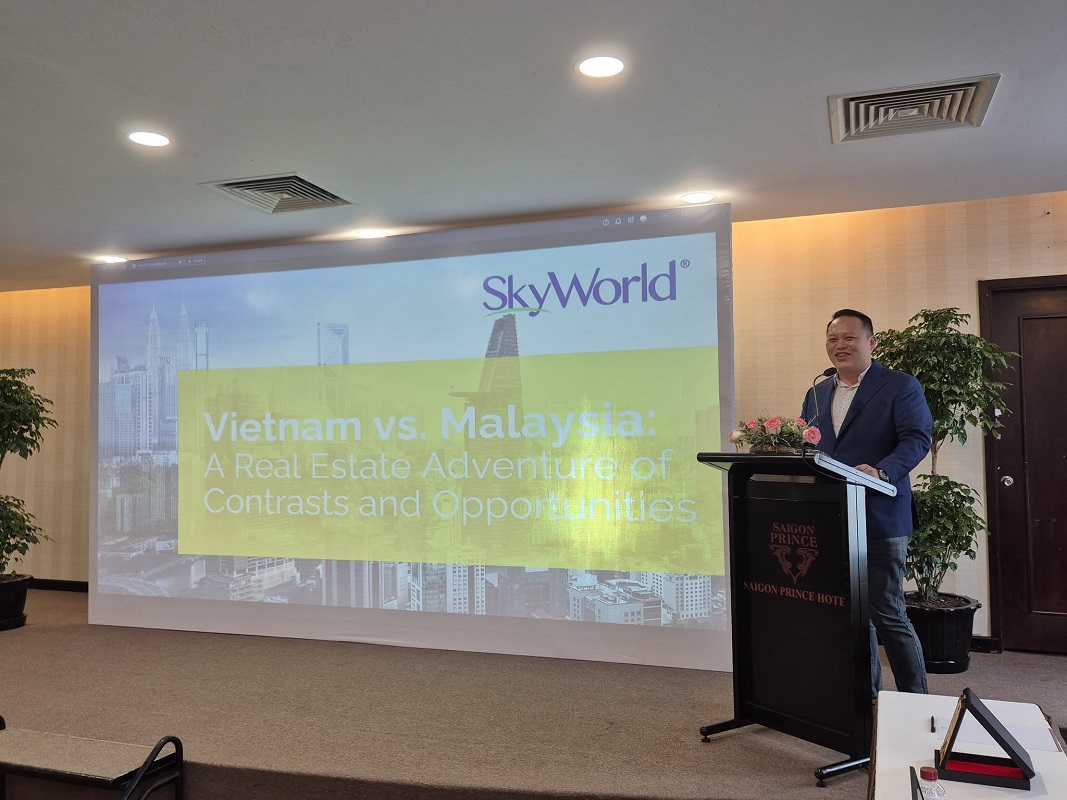
“There is no private land ownership as all land is owned by the people and governed by the People’s Committee. Instead of ownership, developers and individuals have land-use rights, typically granted for specific durations, such as 50 years for residential or commercial purposes. Understanding the origin of land is crucial in Vietnam, as it’s not public knowledge. Developers must hire specialised experts to verify the land’s history, sometimes going back decades,” Brian revealed.
SkyWorld Vietnam signed a memorandum of understanding last year to co-develop the remaining plots of the Guocoland Commercial Complex project in Thuan An City. The deal will be its second venture in the country.
The Malaysian delegates also saw presentations on market opportunities, financial advisory processes and land laws by commercial real estate agency CBRE Vietnam, United Overseas Bank (UOB) Vietnam and Rajah & Tann LCT Lawyers respectively.
Malaysian developers eye Ho Chi Minh City for expansion
Celadon City, developed by Gamuda Land Vietnam, is a prominent mixed-use township located in Tan Phu District. Spanning 82 hectares, it is recognised as one of the largest integrated developments in western HCMC and feels like a city within a city.
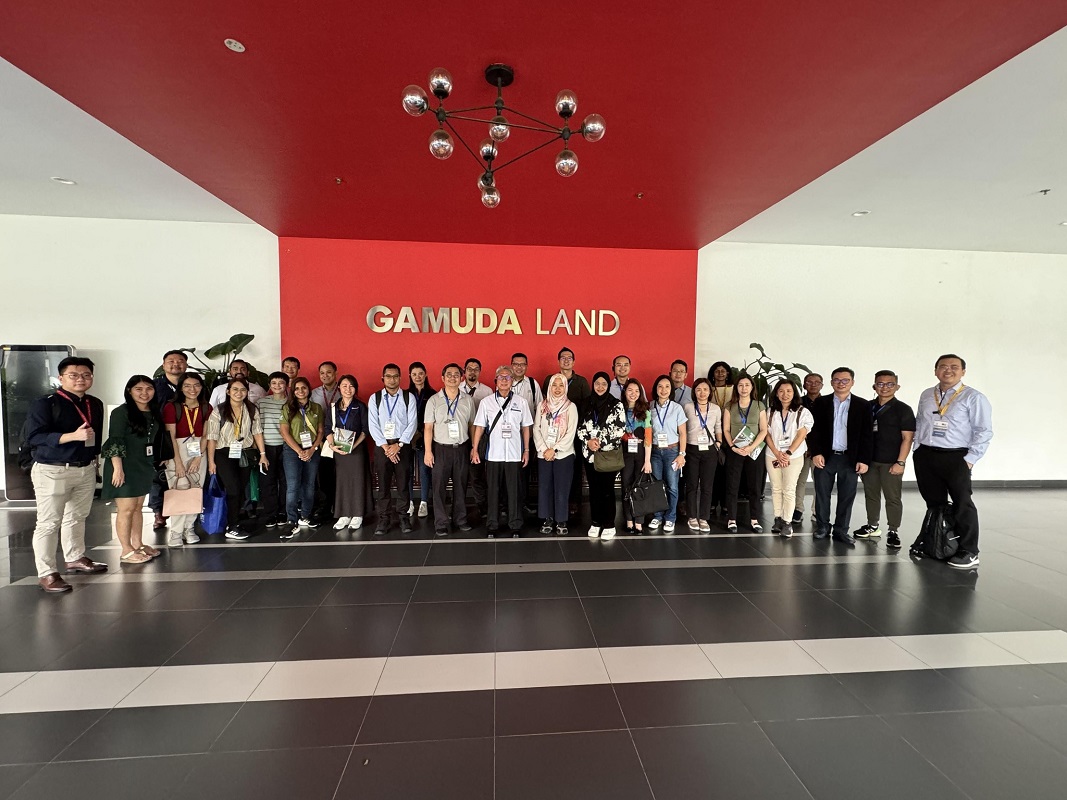
The development is divided into several precincts offering mid-range to high-end apartments. The first apartments were launched in 2017 and completed in 2019, reportedly sold from US$1,400 to US$1,500 psm (approximately RM598–RM641 psf).
On top of bringing Gamuda Land’s sustainable development blueprint, such as energy-efficient and biophilic designs, the focus on premium living is evident, with mixed-use components enhancing its retail, educational and leisure facilities.
The delegates toured newly completed projects like the Diamond Centery, priced from US$239,449, with a built-up of 79–236.5 sqm (approx 850–2,545 sq ft). Converted, that is equivalent to paying RM1,295 psf—a luxury price point by Malaysian standards.
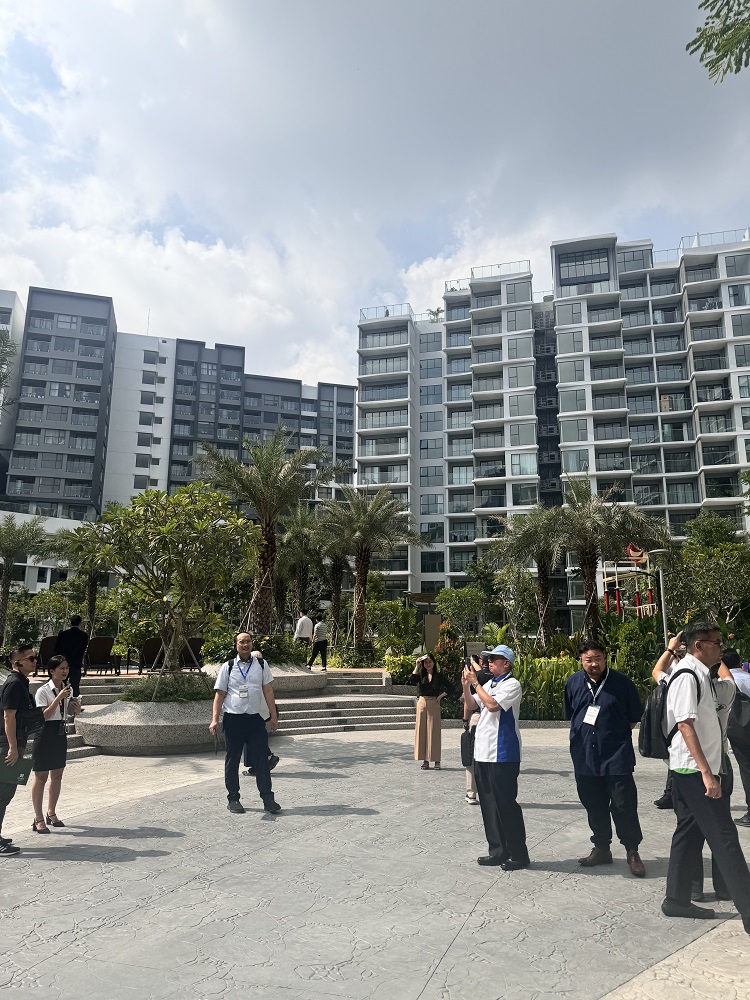
Delegates were shown a glimpse into the lifestyle of this growing urban market when visiting the Celadon Sports & Resorts Club, an important fixture in Celadon City’s masterplan. Hailed as a multi-disciplinary complex and built to resort standards over 5.4ha, it is equipped with an Olympic-sized pool, yoga and gym studios, tennis and basketball courts, and a football field.
Industrial cities to become dominant force in Vietnam’s southern region
Outside the city, large tracts of land are devoted to industrial growth. According to Savills Vietnam, the country is rapidly transitioning to high-value manufacturing sectors such as electronics and technology, boosting demand for industrial spaces.
Delegates visited Binh Duong Province, an industrial foreign-direct-investment (FDI) attraction, with ongoing projects supporting Vietnam's push towards becoming a regional industrial hub.
For notable players like Becamex IDC and the Vietnam Singapore Industrial Park (VSIP), the vision clearly extends beyond manufacturing facilities—it is important to form an ecosystem of commercial, residential and educational components to serve the community.
While infrastructure in the region is oftentimes lagging, Becamex and VSIP have been responsible for building major roads to enhance connectivity in Binh Duong Province and ensure efficient transportation of goods.
In the heart of Binh Duong Province, S P Setia and Vietnam’s Becamex have joined forces to bring an ambitious vision to life. Their joint venture, SetiaBecamex Joint Stock Company, has unveiled the EcoLakes My Phuoc project, an ecological township that aims to reimagine sustainable urban living.
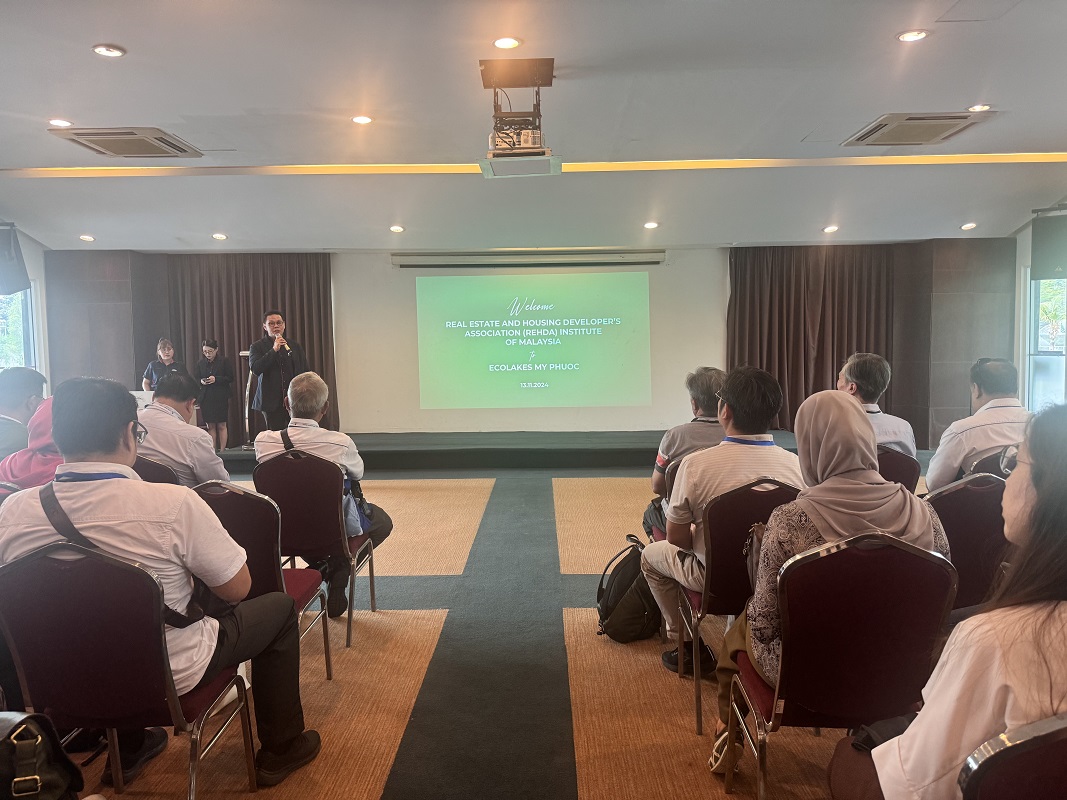
Spanning 224ha within the My Phuoc Industrial-Urban-Service Park in Ben Cat town, EcoLakes represents a US$1.5 billion investment to offer integrated residential, commercial and recreational facilities.
Delegates also visited MiTek, a Berkshire Hathaway company that supplies automated building solutions and engineering products, in Tan Thuan Export Processing Zone (EPZ). The newly built campus houses more than 2,000 staff. Through a dialogue with MiTek Vietnam general manager John Rowe, he said aggressive upskilling is the key to tap into the potential of the local talents here.
Affordable and mass-market housing
In bigger townships like Akari City and Mizuki Park, both mixed-use developments by Nam Long Group and its Japanese partners, land is allocated for social housing as part of its community mix that includes commercial spaces, schools, hospitals and leisure.
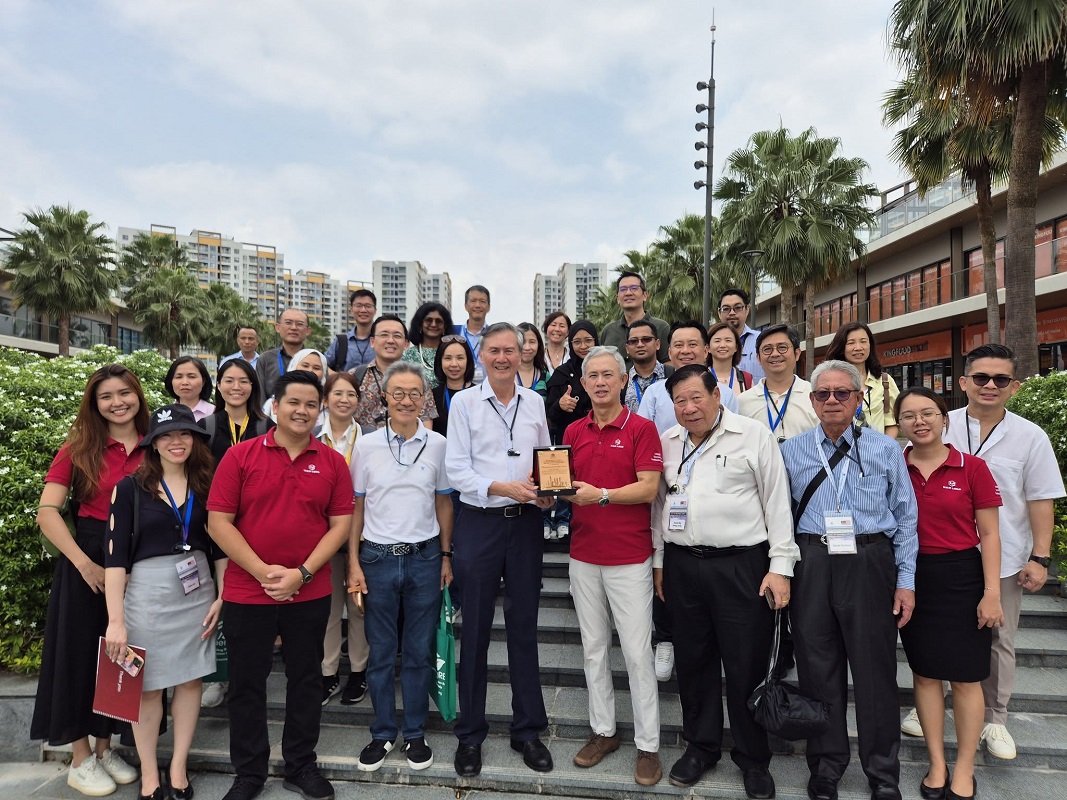
As with all residential projects in Vietnam, units are under freehold for the Vietnamese and 50-year ownership tenures for foreigners.
To qualify projects for social housing, developers are required to adhere to specific price ceilings, similar to Malaysian regulations. What differs however, is the lack of regulatory frameworks on property management.
During the last stop of the study trip, Akari City Phase 2 was in the midst of a handover when we visited. The significant milestone saw the delivery of over 1,700 residential apartments and commercial serviced apartments. Proud owners were mainly young families.
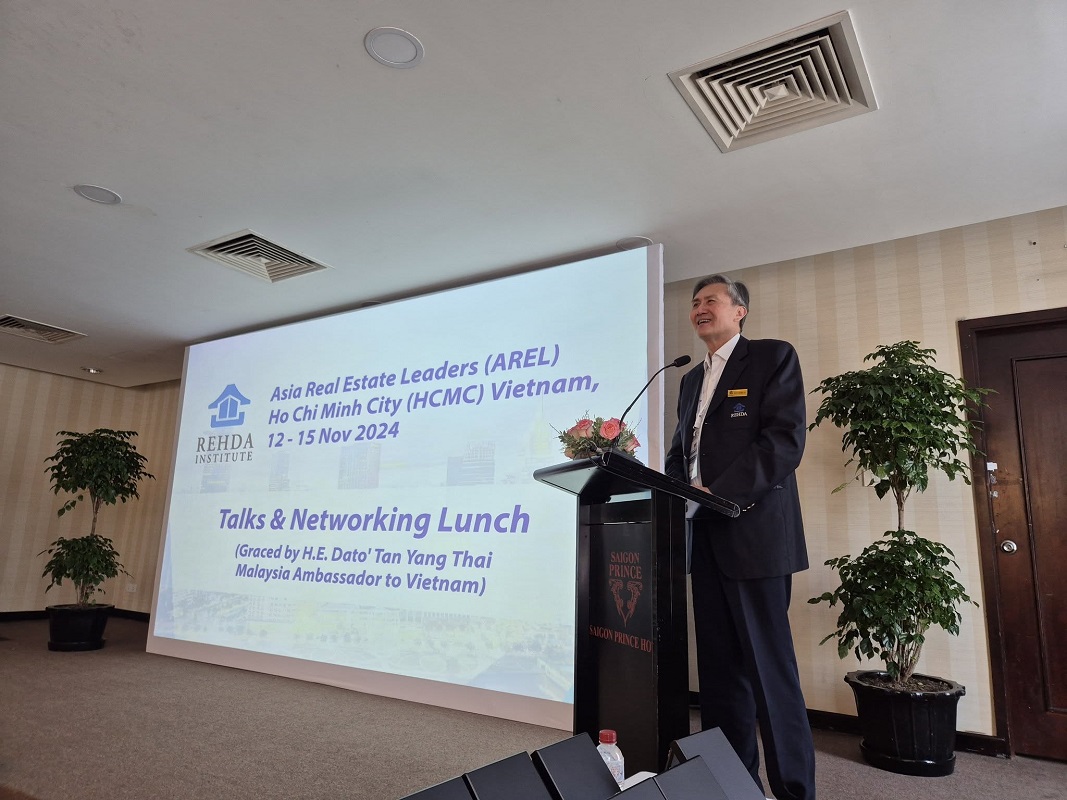
EdgeProp caught up with Datuk Jeffrey Ng Tiong Lip to get his observations after the trip. The interview has been edited for brevity and clarity.
Expectation vs reality
Ng: Vietnam’s strong economic growth, fuelled by robust FDIs, positions it as a star performer in ASEAN (Association of Southeast Asian Nations). The government’s focus on infrastructure and governance will continue to attract investments.
There were no surprises on Vietnam’s macroeconomic front, including industrial growth and its impact on real estate. However, it was unexpected to learn that housing and land legislation amendments were introduced only within the last decade. Malaysia, with its decades of regulated real estate, may have served as a reference.
Bright spots vs blind spots
Ng: Vietnam’s development projects are on par with Malaysia in terms of design, quality and construction. Its rapid proficiency is likely due to joint ventures with experienced overseas partners from Malaysia, Singapore and Japan.
At an operational level, inefficiencies and delays in approvals due to bureaucratic processes and lack of transparency hinder project launches. Building strong relationships with local stakeholders and exercising patience is crucial.
One noteworthy strategy is Vietnam’s controlled pricing for social housing, allowing developers a 10% profit cap. This encourages private sector participation. In contrast, Malaysia’s system imposes losses on developers for affordable housing, forcing recovery through higher prices for non-mandatory units.
Looking to buy a home? Sign up for EdgeProp START and get exclusive rewards and vouchers for ANY home purchase in Malaysia (primary or subsale)!
TOP PICKS BY EDGEPROP
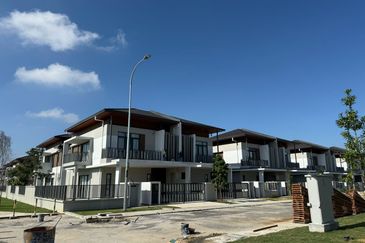
Bandar Seri Coalfields
Sungai Buloh, Selangor
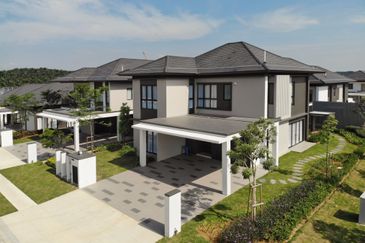
The Walden @ Bandar Seri Coalfields
Sungai Buloh, Selangor
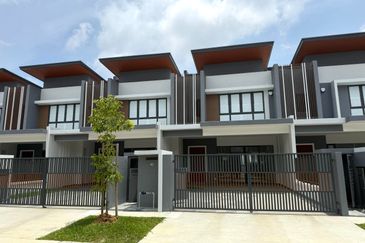
Jardin Residences @ Bandar Seri Coalfields
Sungai Buloh, Selangor
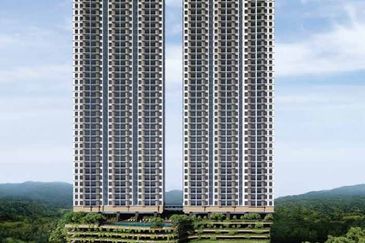
Novum @ Bangsar South
Pantai Dalam/Kerinchi, Kuala Lumpur
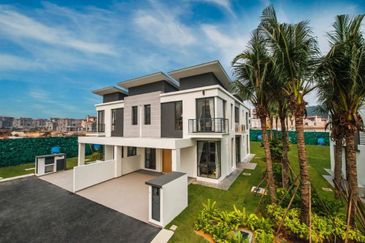
Bandar Bukit Tinggi
Bandar Botanic/Bandar Bukit Tinggi, Selangor
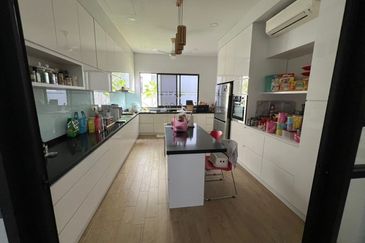
Fully Furnished with Big Garden
Kota Kemuning, Selangor
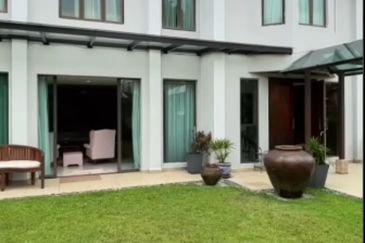
Damansara Heights (Bukit Damansara)
Damansara Heights, Kuala Lumpur



